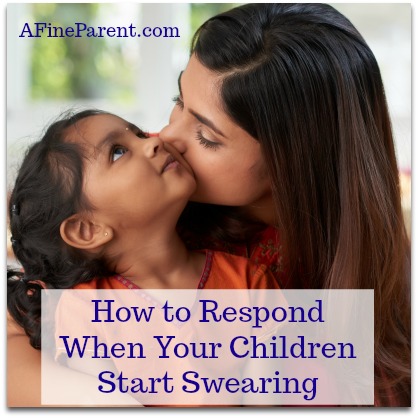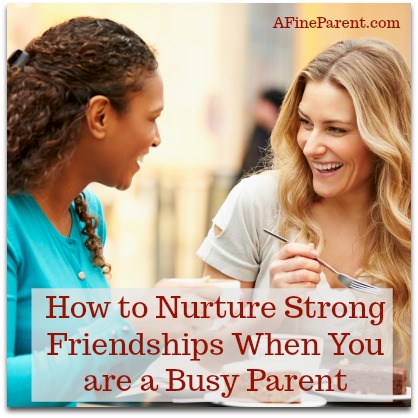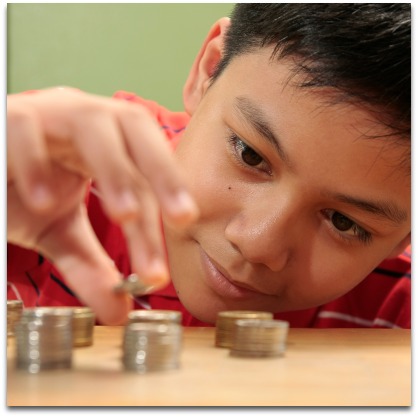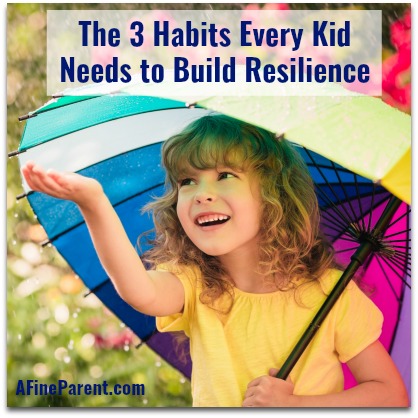 There is nothing like hearing your child yell the dreaded F-word for the first time.
There is nothing like hearing your child yell the dreaded F-word for the first time.
It’s especially nerve-racking when it’s in front of the entire extended family. Including the grandparents.
At a family dinner, my eleven-year-old nephew was deliberately jostled by his younger brother, resulting in his half laden plate tilting. With hot curry spilling over his hand, he yelled the F-word as loudly as he could.
Amidst the cacophony of family banter and the clattering of cutlery, you would have thought the word would have gone unnoticed but nope! There was complete silence around the dining table as if someone had pushed the pause button. Several pairs of eyes (including mine) zeroed in on the culprit.
Like a well-rehearsed play, the scene played out.
The youngsters looked down and snickered. Some of the adults (including me) tried to ignore what we had just heard. But not the grandparents!
 Close your eyes and imagine your child all grown up, savoring a free weekend. What do you see?
Close your eyes and imagine your child all grown up, savoring a free weekend. What do you see? There is something very special about receiving flowers. For generations, they have been seen as a traditional gift to make people feel better when they’re ill, to say sorry or simply as a sign of love and affection.
There is something very special about receiving flowers. For generations, they have been seen as a traditional gift to make people feel better when they’re ill, to say sorry or simply as a sign of love and affection.  Disclaimer: This post is sponsored by PSECU, a Pennsylvania-based credit union.
Disclaimer: This post is sponsored by PSECU, a Pennsylvania-based credit union. Grit
Grit